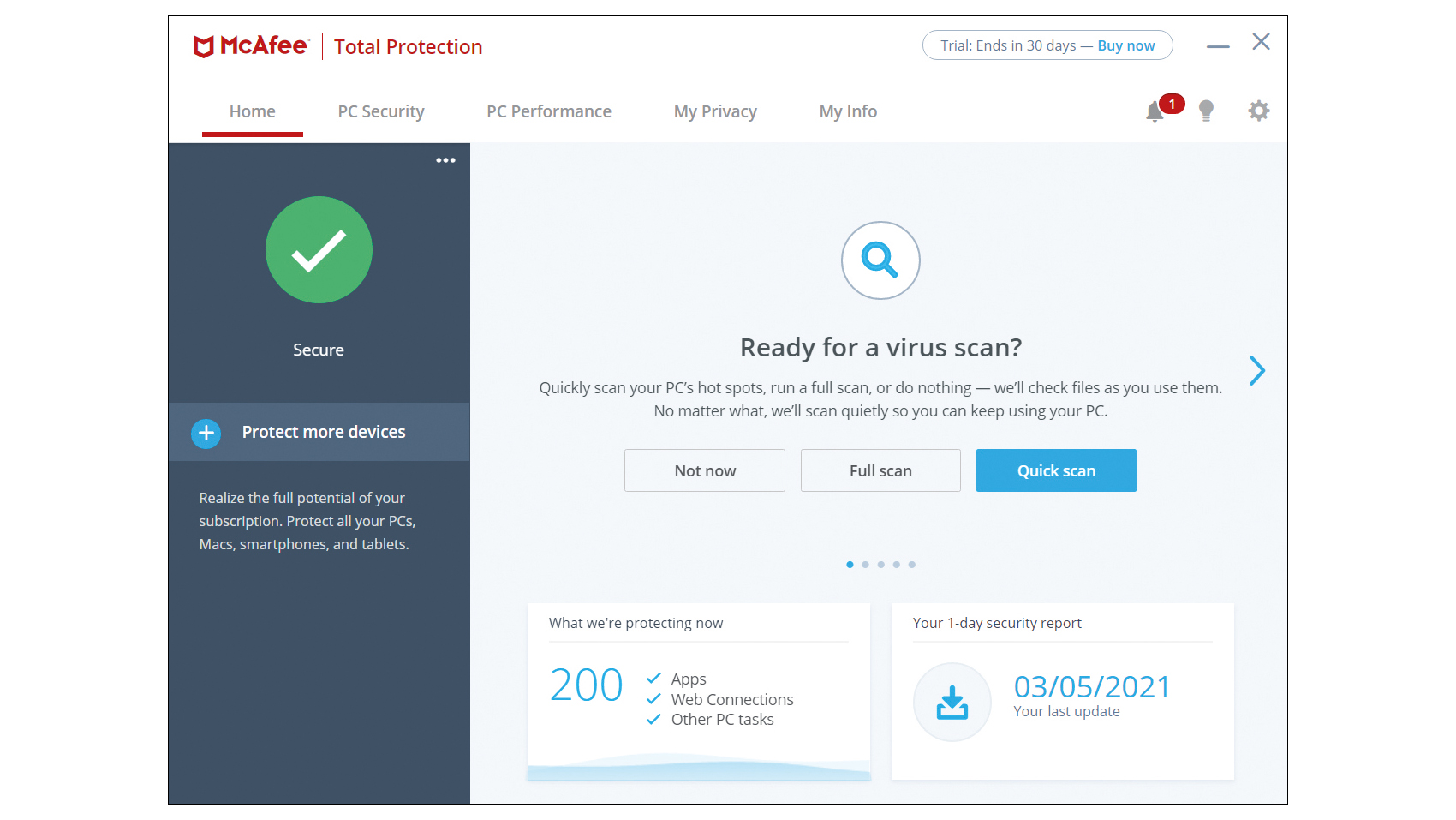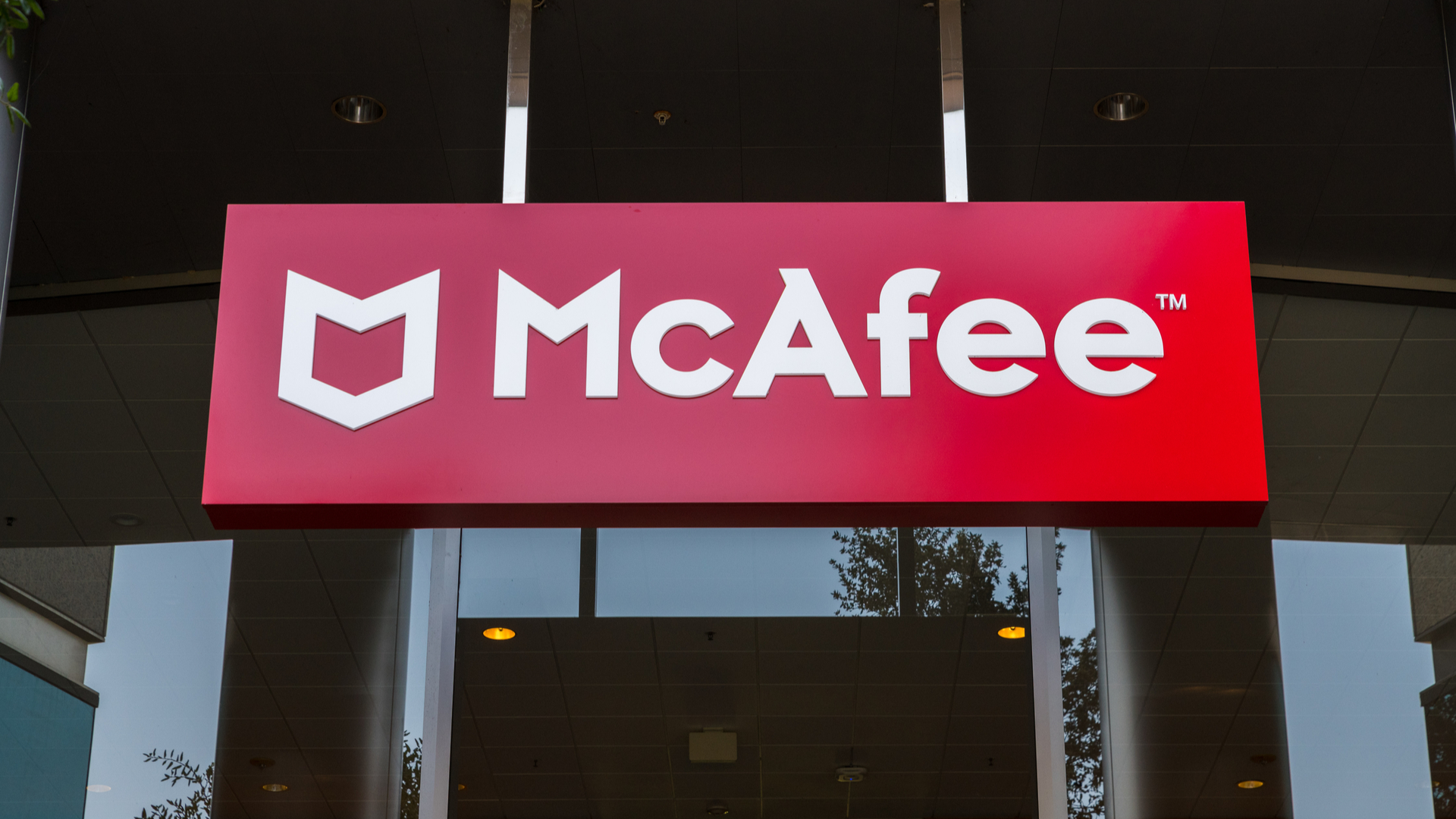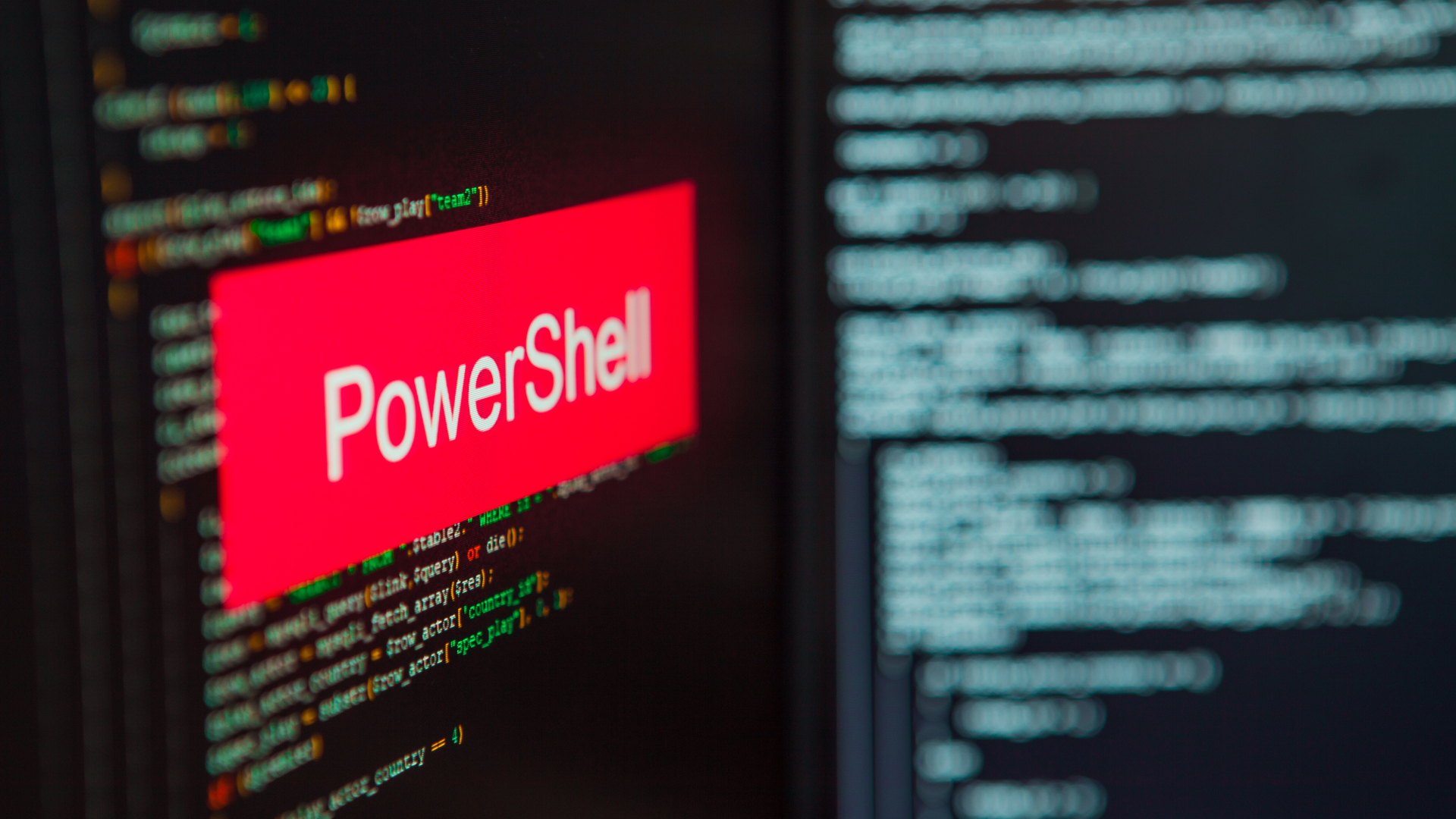Critical infrastructure 'under attack' from cyber criminals
The latest security report from McAfee has shown our daily utilities of gas, oil and electricity are under threat from an increasing number of attacks by cyber criminals.


Critical infrastructure - such as electricity grids and gas production - is increasingly under threat from cyber criminals, according to a report released today.
The study from security company McAfee shows that over half of the 600 IT security executives it questioned from such sites have already suffered large-scale attacks or infiltrations from organised crime gangs, terrorists or nation-states at a cost of $6.3 million per day for downtime.
This is set to continue with 40 per cent of respondents claiming they expected similar attacks in the next 12 months.
The report claimed that these types of sites have traditionally only needed to protect themselves for the physical attacks using "guards, gates and guns", but the increase of computer networks and external connections to other organisations has posed new risks that providers may not be so prepared for.
"In today's economic climate, it is imperative that organisations prepare for the instability that cyber attacks on critical infrastructure can cause," said Dave DeWalt, president and chief executive of McAfee.
While 37 per cent of the IT executives thought their sector was more vulnerable that before, just 20 per cent thought it was safe for attempted attacks over the next five years.
The implications of these attacks could be incredibly serious for both the companies and those who use their utilities.
Get the ITPro daily newsletter
Sign up today and you will receive a free copy of our Future Focus 2025 report - the leading guidance on AI, cybersecurity and other IT challenges as per 700+ senior executives
"From public transportation, to energy to telecommunications, these are the systems we depend on every day," added DeWalt.
"An attack on any of these industries could cause widespread economic disruptions, environmental disasters, loss of property and even loss of life."
Yet despite the possibly catastrophic outcomes, the report also showed recessionary cutbacks had affected the budgets of two-thirds of IT executives trying to deal with such threats.
Stewart Baker, a distinguished visiting fellow at the Centre for Strategic and International Studies (CSIS), which produced the report, believed it was key for governments to get involved with regulation to help.
"The relationships between the governments and private sector organisations involved are complex but it is essential that each have faith in the others ability," he said in a statement.
"The security industry will always strive to stay one step ahead, but in the absence of any technological silver bullet, regulation has a role to play in defending critical infrastructures around the world."
Jennifer Scott is a former freelance journalist and currently political reporter for Sky News. She has a varied writing history, having started her career at Dennis Publishing, working in various roles across its business technology titles, including ITPro. Jennifer has specialised in a number of areas over the years and has produced a wealth of content for ITPro, focusing largely on data storage, networking, cloud computing, and telecommunications.
Most recently Jennifer has turned her skills to the political sphere and broadcast journalism, where she has worked for the BBC as a political reporter, before moving to Sky News.
-
 Bigger salaries, more burnout: Is the CISO role in crisis?
Bigger salaries, more burnout: Is the CISO role in crisis?In-depth CISOs are more stressed than ever before – but why is this and what can be done?
By Kate O'Flaherty Published
-
 Cheap cyber crime kits can be bought on the dark web for less than $25
Cheap cyber crime kits can be bought on the dark web for less than $25News Research from NordVPN shows phishing kits are now widely available on the dark web and via messaging apps like Telegram, and are often selling for less than $25.
By Emma Woollacott Published
-
 McAfee and Visa offer 50% off antivirus subscriptions for small businesses
McAfee and Visa offer 50% off antivirus subscriptions for small businessesNews UK Visa Classic Business card holders can access the deal starting today
By Zach Marzouk Published
-
 McAfee Total Protection review: Expensive at full price
McAfee Total Protection review: Expensive at full priceReviews Protects your PC and includes a decent firewall, but costly and less effective than some rivals
By K.G. Orphanides Published
-
 McAfee Total Protection review: Quick, effective and affordable
McAfee Total Protection review: Quick, effective and affordableReviews A solid security choice, with perfect malware protection, a fully functional VPN and more
By ITPro Published
-
 McAfee’s zero trust solution strengthens private applications’ security
McAfee’s zero trust solution strengthens private applications’ securityNews MVISION Private Access grants secure access to private resources from any device or location
By Praharsha Anand Published
-
 PowerShell threats increased over 200% last year
PowerShell threats increased over 200% last yearNews A new McAfee report finds PowerShell attacks driven largely by Donoff malware.
By Rene Millman Published
-
 McAfee to sell enterprise business to STG for £2.8 billion
McAfee to sell enterprise business to STG for £2.8 billionNews The enterprise business will be rebranded, with McAfee focusing on personal security
By Daniel Todd Published
-
 Has the US government finally nabbed John McAfee?
Has the US government finally nabbed John McAfee?News Official Twitter account claims notorious tech tycoon has been “detained by authorities”
By Adam Shepherd Published
-
 John McAfee ordered to pay $25 million over neighbour's murder
John McAfee ordered to pay $25 million over neighbour's murderNews Controversial figure insists that he will not pay
By Adam Shepherd Published